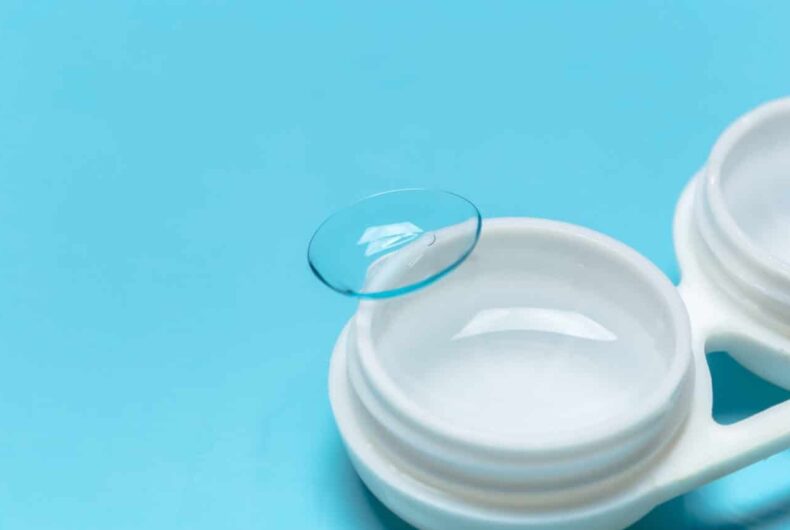Function Without Frames
Choosing contact lenses over standard eyeglasses is not always just about the look you want to achieve. If you prefer how you look without frames, that’s great! But contacts might also be considered if:
- You have a high prescription or astigmatism that contacts are better suited for.
- You regularly wear non-prescription sunglasses or goggles and don’t want the additional hassle of frames (although prescription sunglasses and sport eyewear do exist).
- You have a job or hobbies where you don’t want to worry about losing your glasses.
- You play sports and need a wider field of view.
We are happy to discuss the possibilities of contacts with you, if that is a path for vision correction you are interested in taking. Dr. Seim can discuss with you not only whether contact lenses would have any particular benefits for you over glasses, but which particular type of contact lens might best suit your needs as well.



